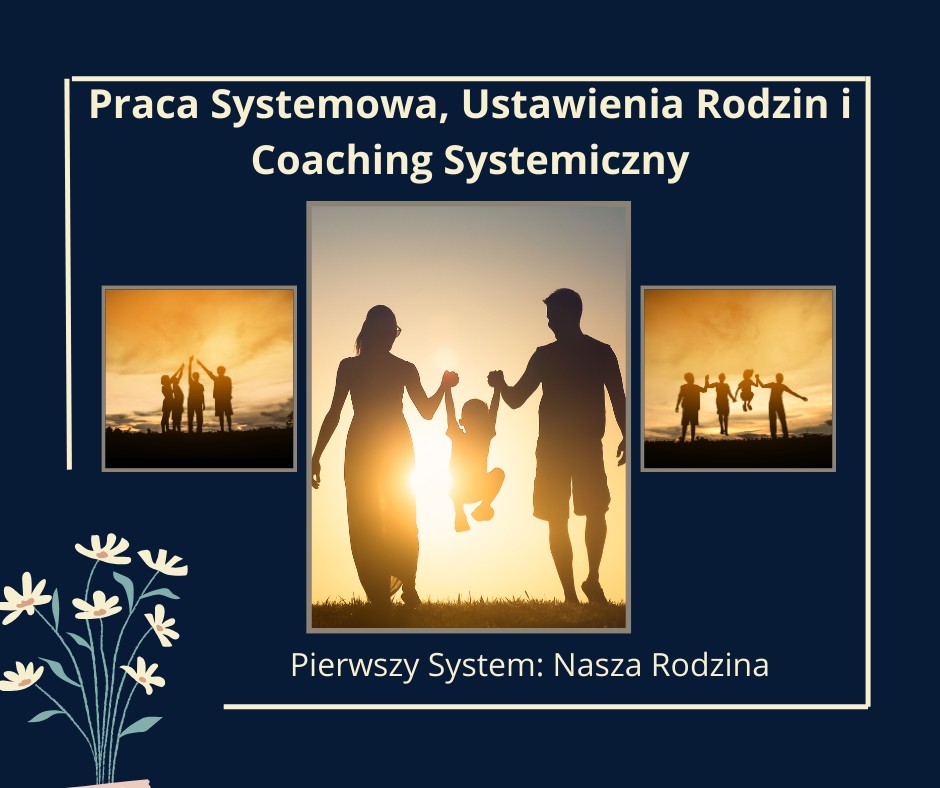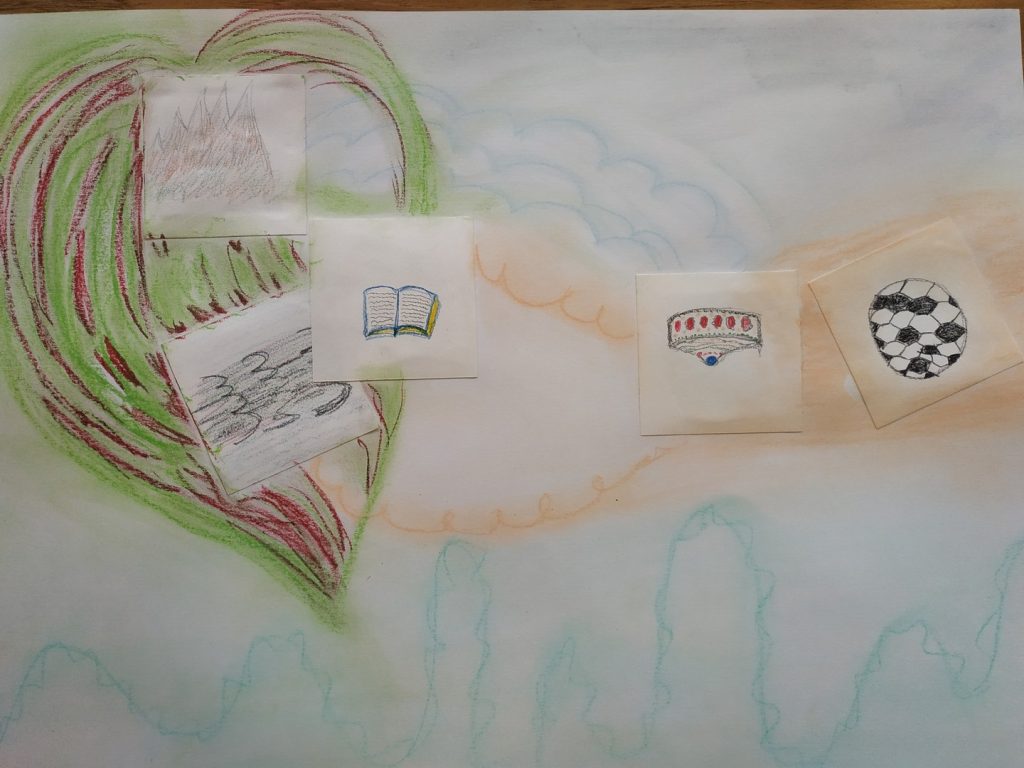
Systemic work is based on the idea that we are all part of groups or systems and that within all these systems, (unconscious) patterns and dynamics determine how individuals behave. These systems exist naturally, with the first system simply being the one we enter when we come to our parents, when we are conceived, when we are born: our family. Whether dead or alive, we are part of our family system. We are part of most systems for a certain period of time, such as school or working at company X, but we remain members of the family system forever, regardless of whether we are in contact with the family or not, and whether the family members are among the living.
Family constellations is a method, a way to reveal how the system functions, what happens at the base layer (hidden), at the foundation. And there is also systemic work—a broader theory of how family systems, organizational systems, and social systems operate.

A constellation is a derivative form of systemic work, a constellation is a representation:
– a constellation with people as representatives – in which verbal or behavioral interaction is possible
– a one-on-one constellation with a coach using cups or objects on a table to help visualize the question in the constellation.
If we lead or create constellations, the theory helps interpret what happens in the constellation—in the field, but it's not necessarily required to conduct a constellation in order to work systemically or to view things from a systemic perspective.
The work can be limited to asking systemic questions, reflecting on something.
Systemic coaching is the art and skill of working with an individual client or group to uncover and facilitate the change of hidden patterns and dynamics in the systems of which the client is a part. The art lies in allowing the natural systemic intelligence to flow once again. As a result, the coach not only helps the "coached" person find a solution to their problem but also helps the coached person draw from a natural source, a source of systemic wisdom that may have been temporarily inaccessible due to the demands of daily life and the pressure of the fast-paced world around us. Systemic coaching is the art of asking questions. The coached person remains at the helm, while the coach stands beside them.
What I Do:
As a systemic coach, I might choose to work with a constellation that makes the question "visualized"—for example, using cups... However, I often don't do a constellation because simply asking the question causes something to open up, and something becomes clear, something obvious. For instance, if someone asks why they always judge their boss or manager, you can then ask, who does this manager remind you of?—and that is a systemic question—based on the theory that someone from this person's work (system) reminds them of someone from their family system. And this question brings up the thought of being connected to another system... for example, I really hate this guy because he reminds me of my brother, father, uncle—just think of someone... with whom you had a difficult relationship, and this feeling might be untangled... no, wait, it's not about the manager, but about projecting a family relationship onto the relationship within the organizational system.
Sometimes it’s enough to ask questions to untangle the problem, but other times it turns out there’s something in other systems that needs to be figured out. Then the question for the person—the client—is: what do you want to do next? For example, can you see your manager in a work relationship rather than a family relationship? What is needed to change your perception of this relationship? Or maybe it’s still bothering the client so much that they should consider looking for another job. Once we gain insight, the range of options expands—a wider range of choices for action emerges.
When is a constellation useful, and when is a systemic conversation with a coach?
It depends on the person. Some people don’t have the courage to undergo a constellation; they find it too confrontational. If someone believes in the potential and benefits of a constellation, they have the greatest chance of success. But, for example, people who have been through a lot may find a constellation too intense and prefer to think things over in a quiet environment. There are also people who don’t find it too exciting in itself, but for confidentiality reasons, they don’t want to share in a group of, say, 15 strangers, and they don’t want to expose patterns in a group—almost out of loyalty to their family members.

Workshop: Drawn Family Constellation
I invite you to a 1-on-1 individual session for a systemic view of your family through the art of drawing. A 2.5-3 hour session with materials, drinks, and a snack, and a constellation in the form of a work of art as a keepsake or an introduction to further work. Price: 350 PLN/session
Schedule an appointment via phone/WhatsApp at 7814771781 or email: info@przystanekgronowka.pl



